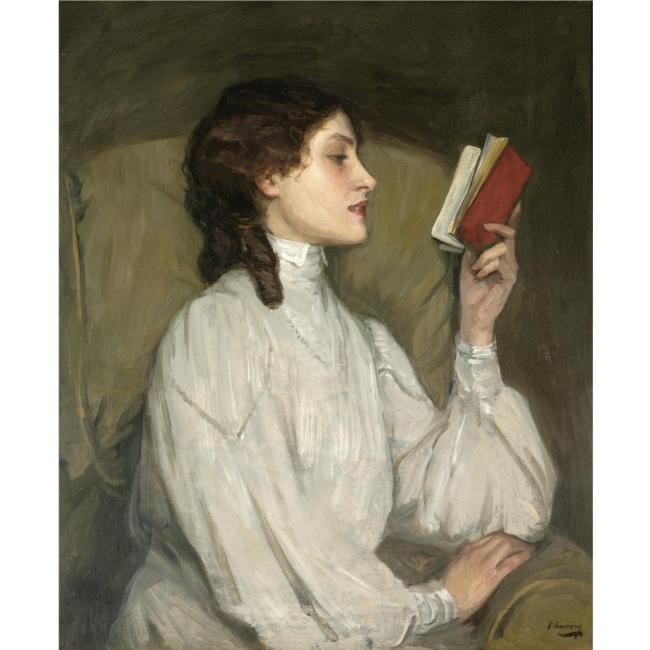Friday
The Washington Post yesterday had a good news-bad news story about literature: The good news is that more people are reading poetry than ever before. The bad news is that fiction reading is down.
First, the good:
The share of adults reading poetry grew by an astounding 76 percent between 2012 and 2017, according to a newly released study from the National Endowment for the Arts (NEA). Some 28 million adults reported reading poetry in 2017.
The results are even more dramatic for young people. The percentage of poetry readers age 18-24 doubled during that period.
The bulk of the article focuses on the reasons for this increased interest. I’ve talked in the past about literature providing a powerful counter to assaults on truth. (Salman Rushdie is particularly eloquent on this subject.).Young people especially appear hungry for authenticity:
U.S. Poet Laureate Tracy K. Smith, who teaches at Princeton University, wonders if the unsettled tenor of our times is drawing people, especially young people, back to verse. “In my teaching of undergraduates, I see them turning to the art form in their attempts to grapple with questions related to forced migration, shifting gender norms, the environment, mental illness and technology — along with old standbys of love, loss and the changing of the seasons.”
Smith continues,
Poetry, which breaks from the shorthand vocabulary of tweets and sound bytes, offers them a necessary recourse to depth, strangeness, vulnerability and imaginative possibility. Poetry also invites them to take their time, to move slowly, to process things gradually, which is an impulse counter to the breakneck pace at which so much else occurs.
Other reasons given in the article are:
–the rise of social media and technology platforms promoting poetry;
— the NEA’s outreach activities to publishers, writers and schools;
— the success of spoken word and performance poetry; and
— the fact that “establishment American poetry is finally looking and sounding like America: people of color, queer people, people with disabilities and activist poets are telling about their own lives and struggles and joys.” (This from Sarah Browning, who heads a national poetry and social justice organization called “Split this Rock.”)
The article ends with the bad news:
Sadly, the good news about poetry in the NEA report is not part of a general increase in reading. The share of adults who read any books not required for work or school remained about the same as in 2008. And, more alarming, the percentage of people who read novels or short stories “is now lower than in any prior survey period.” The NEA promises to address this issue in a forthcoming study.
I look forward to that study. In the meantime, it appears that we turn to poetry, in part, to push back against the endless manipulation of reality.


